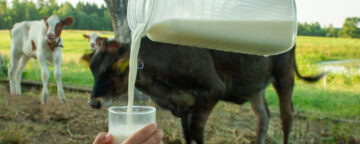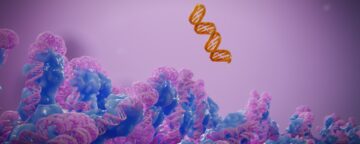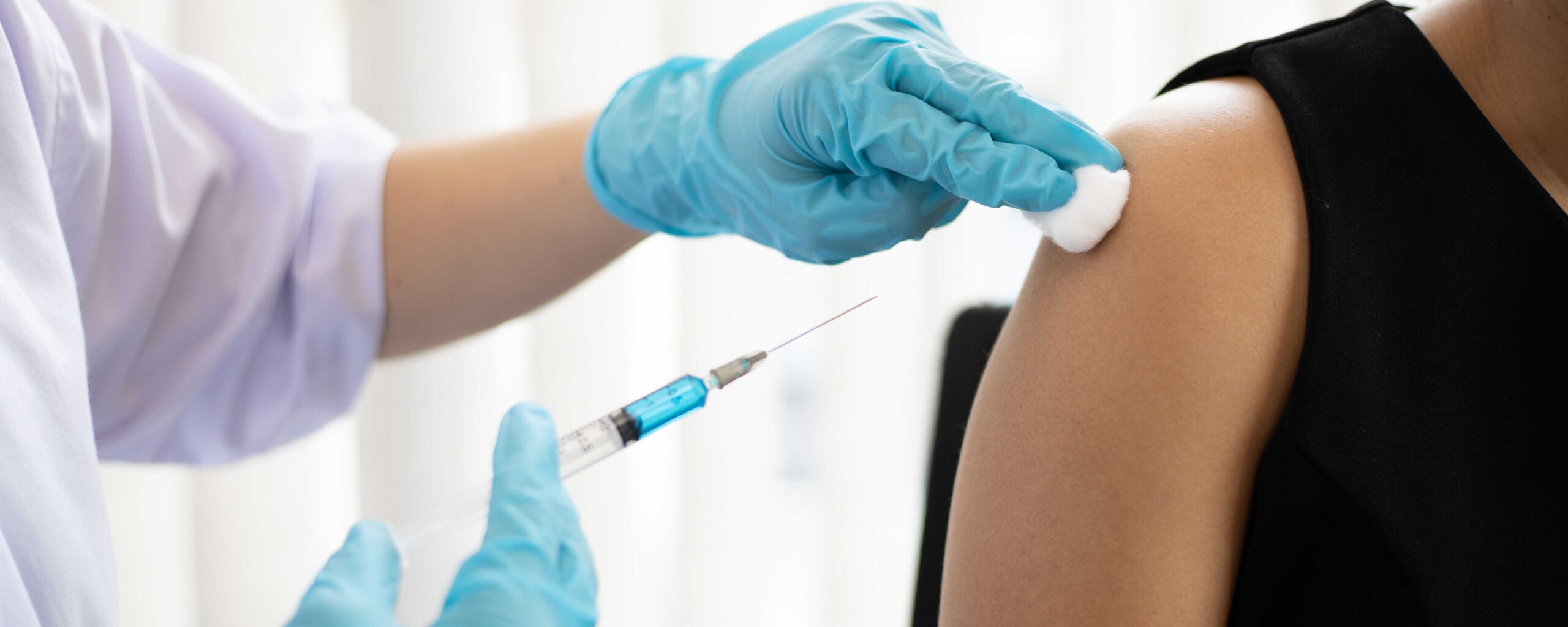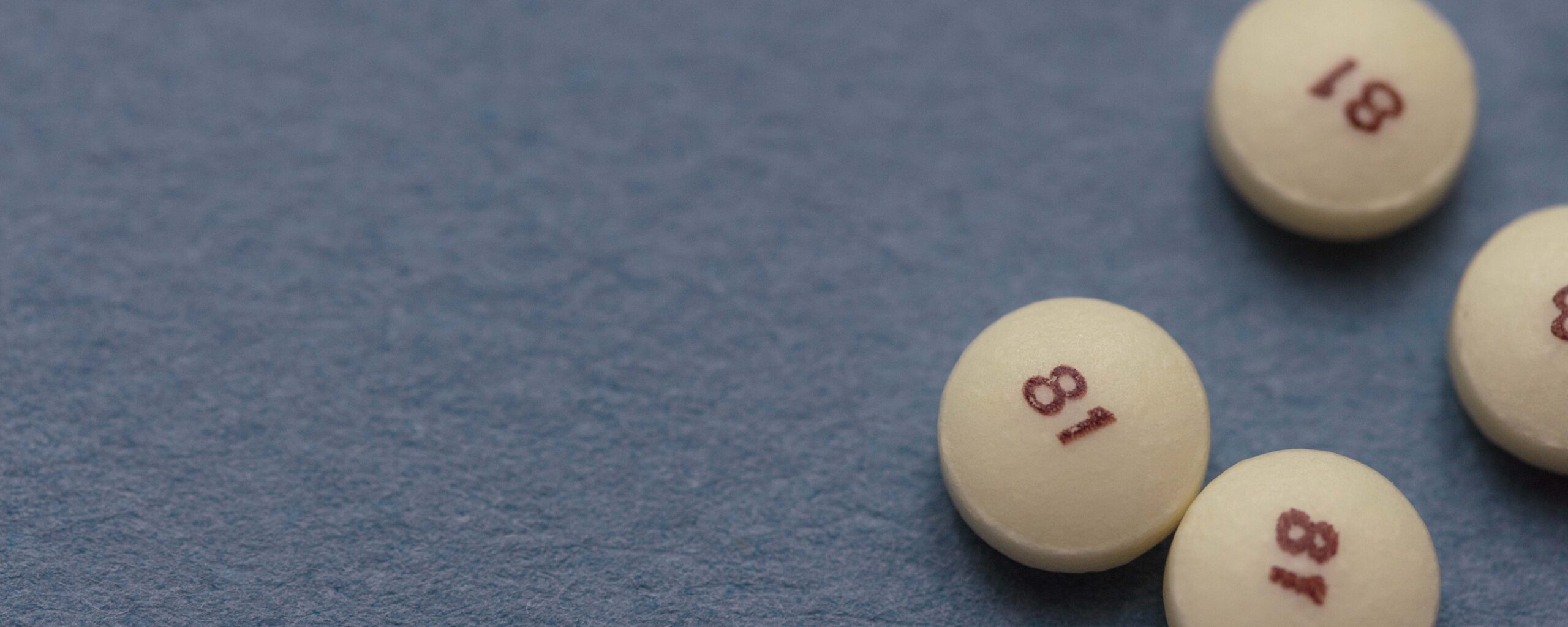A new paper by APPC and Penn psychologists suggests that harm reduction interventions for substance use increase the public's trust in local government.
Science communication

Interactive Map Shows Economic Impact of Cuts to Federal Funding for Health Research
Researchers at Penn and other institutions developed SCIMaP, an interactive map to show the impact that cuts to federal funding for scientific research would have at national, state, and county levels.

With Bird Flu in Raw Milk, Many Still Do Not Know Risks of Consuming It
An APPC survey finds that, despite potential bird flu contamination, many Americans do not know that raw milk poses greater health risks than pasteurized milk.

Dolores Albarracín Honored with BBVA Foundation Frontiers of Knowledge Award
Dolores Albarracín was honored with the BBVA Foundation Frontiers of Knowledge Award for her research into behavior change and persuasive messaging.

Animation Addressing ‘Foreign DNA’ Concerns Created by New APPC-VEC Partnership
APPC and CHOP's Vaccine Education Center produced a video showing why it is virtually impossible for foreign DNA fragments to damage our own DNA.

How a ‘Conspiracy Mindset’ Promotes Acceptance of Vaccine Misinformation, and How to Counter It
A paper reviewing APPC research during the pandemic finds a "conspiracy mindset" was a major factor in resistance to Covid vaccination.

FactCheck.org: Kennedy Cites Flawed Paper in Bid to Justify Vaccine-Autism Link
We've compiled a list of essential FactCheck.org reads about Secretary of Health and Human Services nominee Robert F. Kennedy Jr. and his remarks about vaccines, autism, Covid-19 and other topics.

Nearly Half of Adults Mistakenly Think Benefits of Daily Aspirin Outweigh Risks
An APPC survey reveals that 48% of U.S. adults incorrectly think that the benefits of taking aspirin every day outweigh the risks.

Most Americans Favor School Vaccination Requirements, but Support Is Rising for Opt-Out Options
Most U.S. adults support school vaccination requirements and policies requiring children to be vaccinated against preventable diseases such as measles, mumps, and rubella, an APPC study finds.

Coverage of Civilian Casualties in Allied Countries Boosts Support for U.S. Involvement
A paper by APPC researchers finds that media coverage of civilian casualties in allied countries increases public support for U.S. involvement in conflicts.